Meet Kala Brown | Artist & Social Practitioner
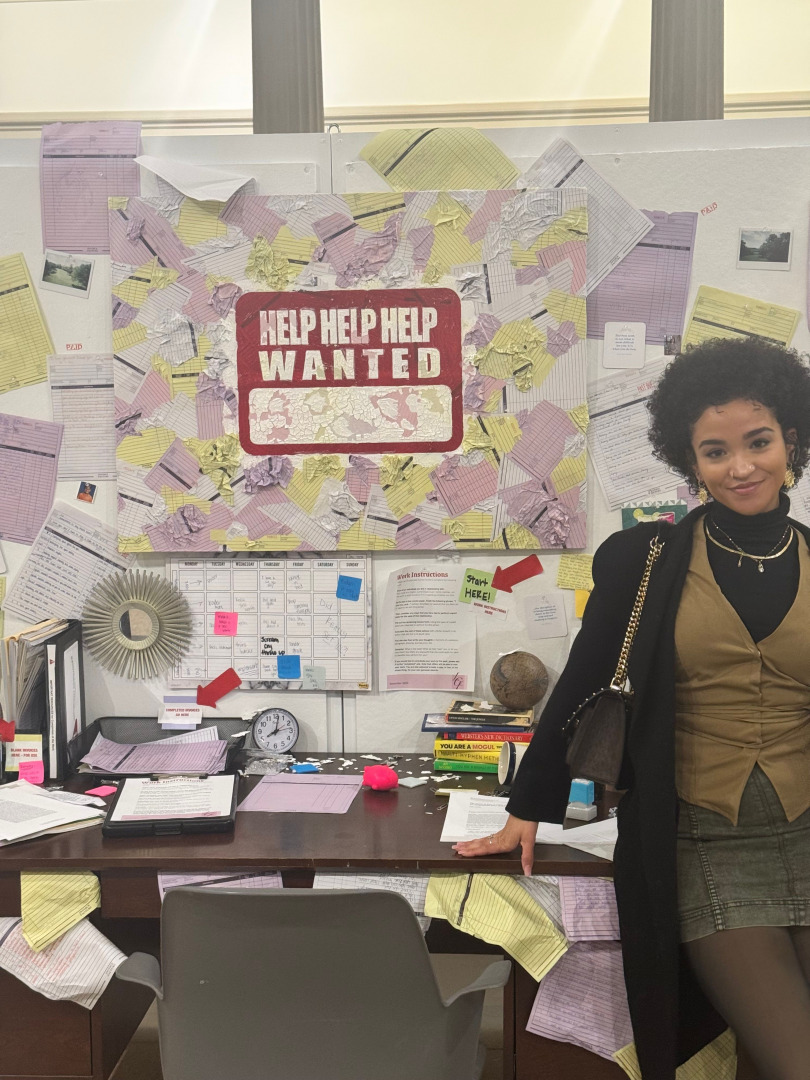

We had the good fortune of connecting with Kala Brown and we’ve shared our conversation below.
Hi Kala, can you tell us more about your background and the role it’s played in shaping who you are today?
Kentucky will always be home, even though I don’t live there anymore. My roots stretch across the state—I was born in Bowling Green, raised in Lexington, and went to college in Louisville. My mom’s side of the family is from a tiny rural town in Ohio County where everyone knows each other. It was a big deal when she moved just a couple of hours away to start her own life and leave behind the one she knew. She met my dad while they were both students at Western Kentucky University, and by 24, she had three kids—my two older sisters and me. The family dynamic was far from simple— my mom is white and my dad is black, and two out of their three kids were born out of wedlock. Their relationship ended when I was around two years old after years of toxicity and abuse.
When I was nine, my mom remarried. From there, our family grew significantly. My stepdad, who is Mexican, already had a daughter. He and my mom went on to have a child together. Later we adopted two babies into the family, bringing our total to nine. We didn’t have much money, but we had a lot of love—and a lot of noise, laughter, and culture under one roof.
Growing up as one of the older siblings, I remember clearly the years my sisters and I spent being raised by a single mother. It shaped us deeply. We were taught to be independent, to prioritize education above all else, and—if I’m being honest—to be skeptical of men. My mom has always been outspoken and progressive in her beliefs, so even though we were surrounded by a very conservative environment (with Kentucky being a red state), we were raised to think critically, ask hard questions, consider those who aren’t being invited to the table. We were also encouraged to trust our own observations over what we were told.
My background has taught me how to safely hold the tension between warring identities. In a country that polarizes race and has historically rejected nuanced identity— and amongst family members that can’t always resonate with my experience, even if they have the best intentions and love me dearly— I carry the tension of multiracial black identity and my own proximity to whiteness. I carry the financial uncertainty of growing up low-income while pursuing a creative path that doesn’t guarantee stability and has historically disregarded people that look like me. I carry the tension in my love for the city—with all its diversity, energy, and lived experience—and in my deep longing for those slow, quiet summers I used to spend with my Mamaw in the country. I carry the tension in my refusal to ‘choose’ between an attraction to men, women, or the beautiful people who exist beyond and between the binary. I live in the grey area— queer, biracial, Black, multicultural, low-income, and an artist. That in-between space, the place where many feel discomfort or dissonance, has become the very foundation of my empathy and creativity.
These complexities show up in my artistic practice—through themes of rupture, ambiguity, identity, and resilience. In essence, my upbringing is not just a part of my story, but it is the very foundation for my art, my politics, and my purpose. It shaped my understanding of injustice and made clear to me how many people—especially those who live at the intersections of multiple identities—are left without a voice, or a clear path forward. That awareness is the driving force behind my pursuit of a life rooted in creative freedom and collective liberation.
I’m the first (and only) person in my immediate family to move out of state. I don’t personally know anyone who’s made a full-time living as an artist and yet, that’s exactly what I’m trying to do. I want to prove to my younger siblings, to my soon-to-be niece, and to anyone else who sees a piece of themselves in my story that it is possible—to dream big, live boldly, and create a life that doesn’t yet exist around you. It makes me feel like I have so much to lose while simultaneously feeling that nothing could ever be taken from me.
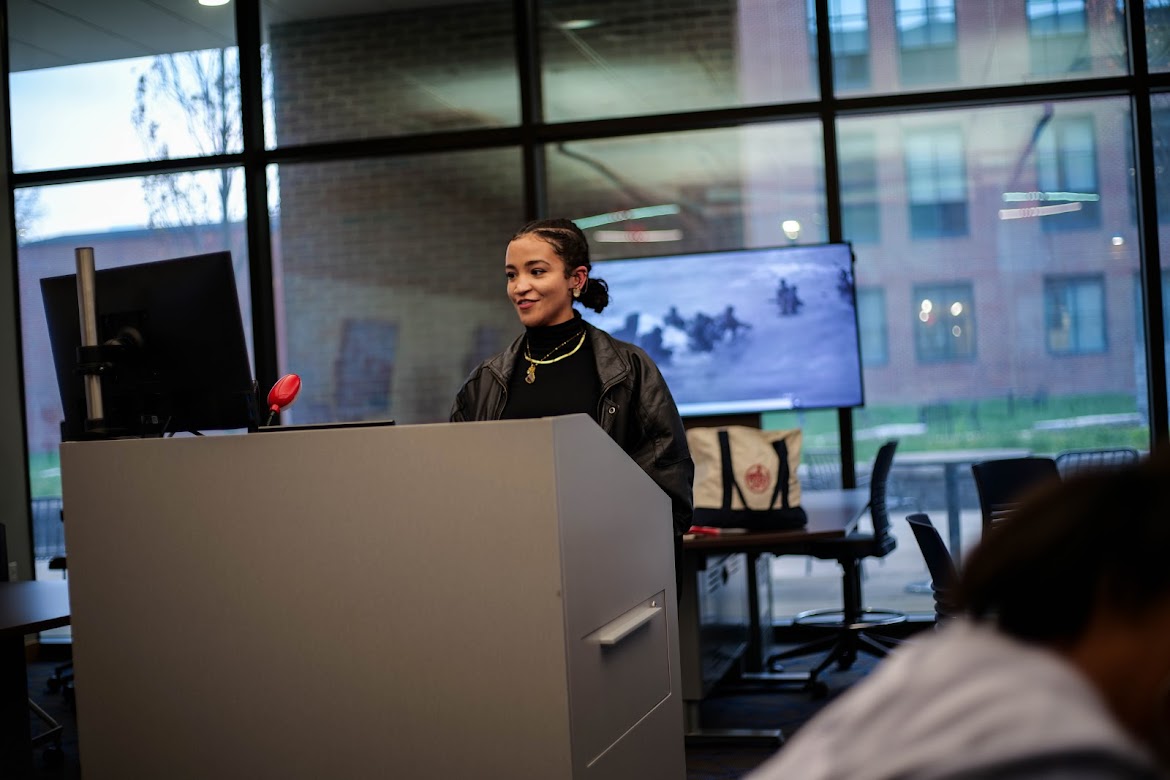
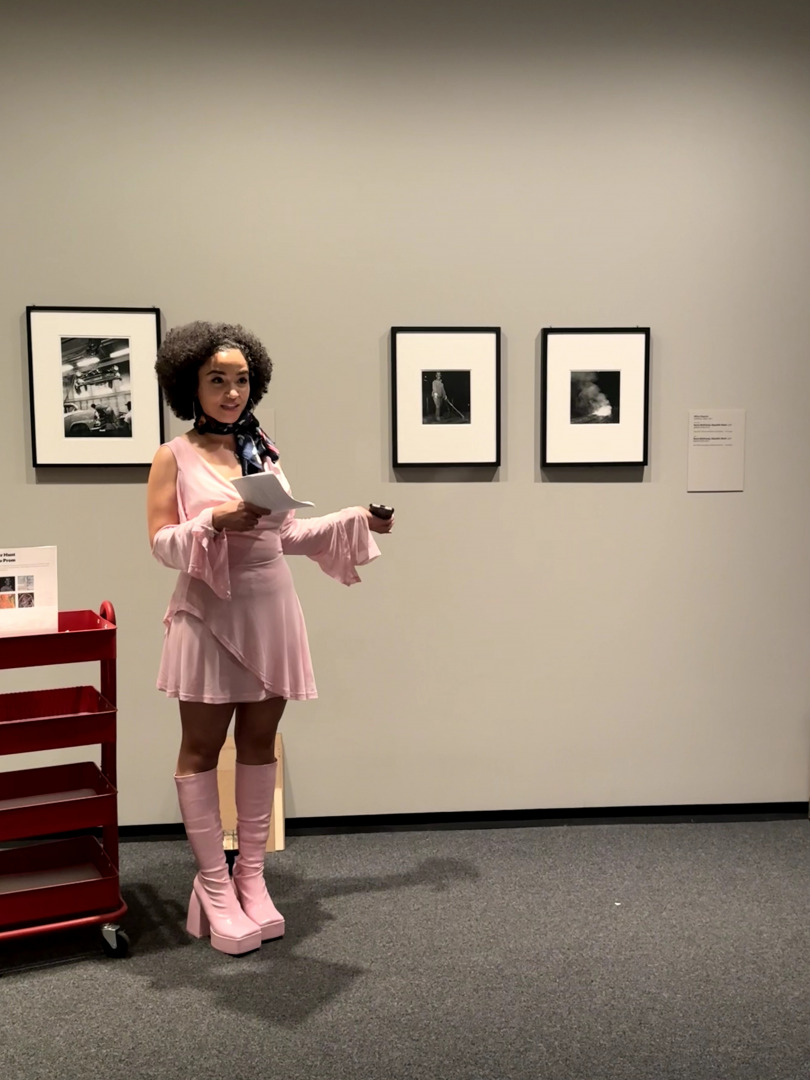
Let’s talk shop? Tell us more about your career, what can you share with our community?
In many ways, I feel like my journey as an artist started later than most. I’ve always loved art—painting, especially—but for a long time, I didn’t believe a career in it was realistic for someone like me. I took a few drawing and painting classes in high school. In college, I only managed to fit in one beginner art course. I was double majoring in Sociology and Pan-African Studies, fully immersed in social justice work, and didn’t have much room for creative exploration.
After graduation, I went straight into full-time work—mostly in roles that centered vulnerable youth, helping them access higher education and prepare for careers. I was passionate about that work, but it didn’t leave much space for a formal art practice. Still, I kept creating in the background whenever I could—sketching, painting, and finding inspiration through travel, conversations, and the young people I worked with. I started to notice how art offered them the same kind of cathartic release it gave me. When students came into our space overwhelmed or shut down, I’d hand them a drawing prompt or have them write something. It sparked reflection, dialogue, and connection. Art became a tool for slowing down and making sense of the world together.
Taking the leap into an artistic career wasn’t easy, but I knew I had to. When my grandmother passed away in 2023, it pushed me to reevaluate everything. She was always one of the few people who truly believed in me—and she never hesitated to remind me that she recognized I was playing small and not living fully in my purpose. Her passing made me realize I didn’t want to keep putting off the life I wanted. In 2024, I was accepted into an MFA program and moved out of state to pursue it full time.
I now have one year left in a program focused on socially engaged art—a space where everything I’ve done and loved finally intersects: social justice, creativity, facilitation, conversation, and community care. I still paint, draw, explore graphic and video work, and even do a little bit of singing/songwriting; but, I’m especially drawn to workshop facilitation—using creative processes to open up honest conversations about the things we’re often taught to avoid.
Most recently, I’ve been developing a project called Love-Cost-Fallacy, which is unfolding in multiple iterations. The work invites participants to reflect on the disconnect between what we believe we’re owed and what we actually experience—in relationships with ourselves, with others, with institutions, and with the state. It asks: What are you owed? From your lover, your family, your school, your government? And just as importantly: What do you owe in return? What happens when that emotional or societal debt goes unpaid—especially for those who’ve been historically undervalued or exploited?
The biggest lesson I’ve learned on this journey is to keep going—even when the path feels uncertain. You don’t have to know exactly how things will turn out. But you do have to trust your purpose and keep showing up for what you believe in. I’m most proud of myself for not giving up, and for refusing to settle into comfort when the world—and especially this country—needs radical artists more than ever. Artists who can help us imagine something different, something better than what we’ve inherited. I truly believe the questions I’m asking in my work are opening up new possibilities in the minds of my participants, and within myself. And in dreaming up new ways of relating, exchanging, and existing, we move one step closer to building the future we all deserve.
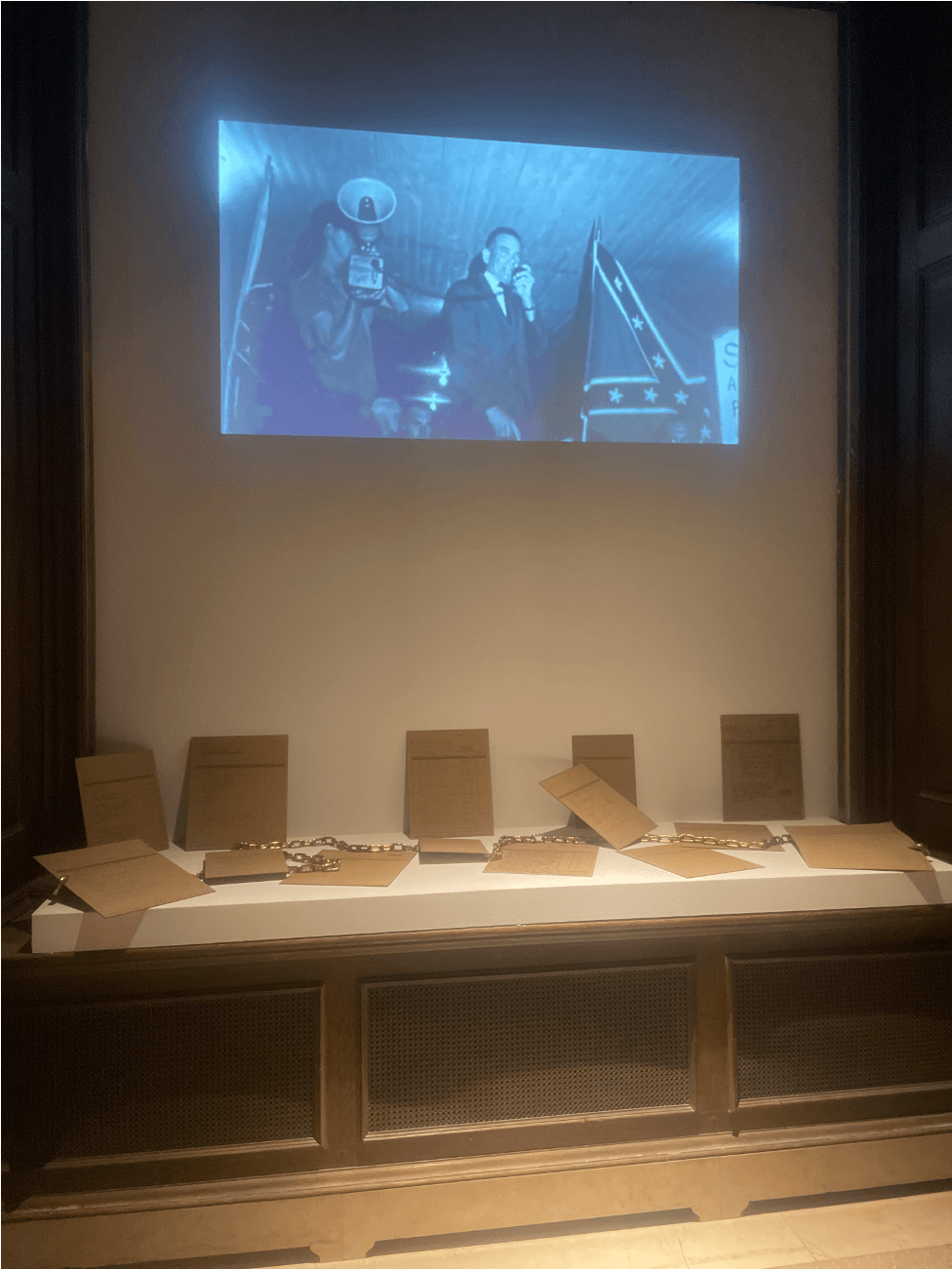
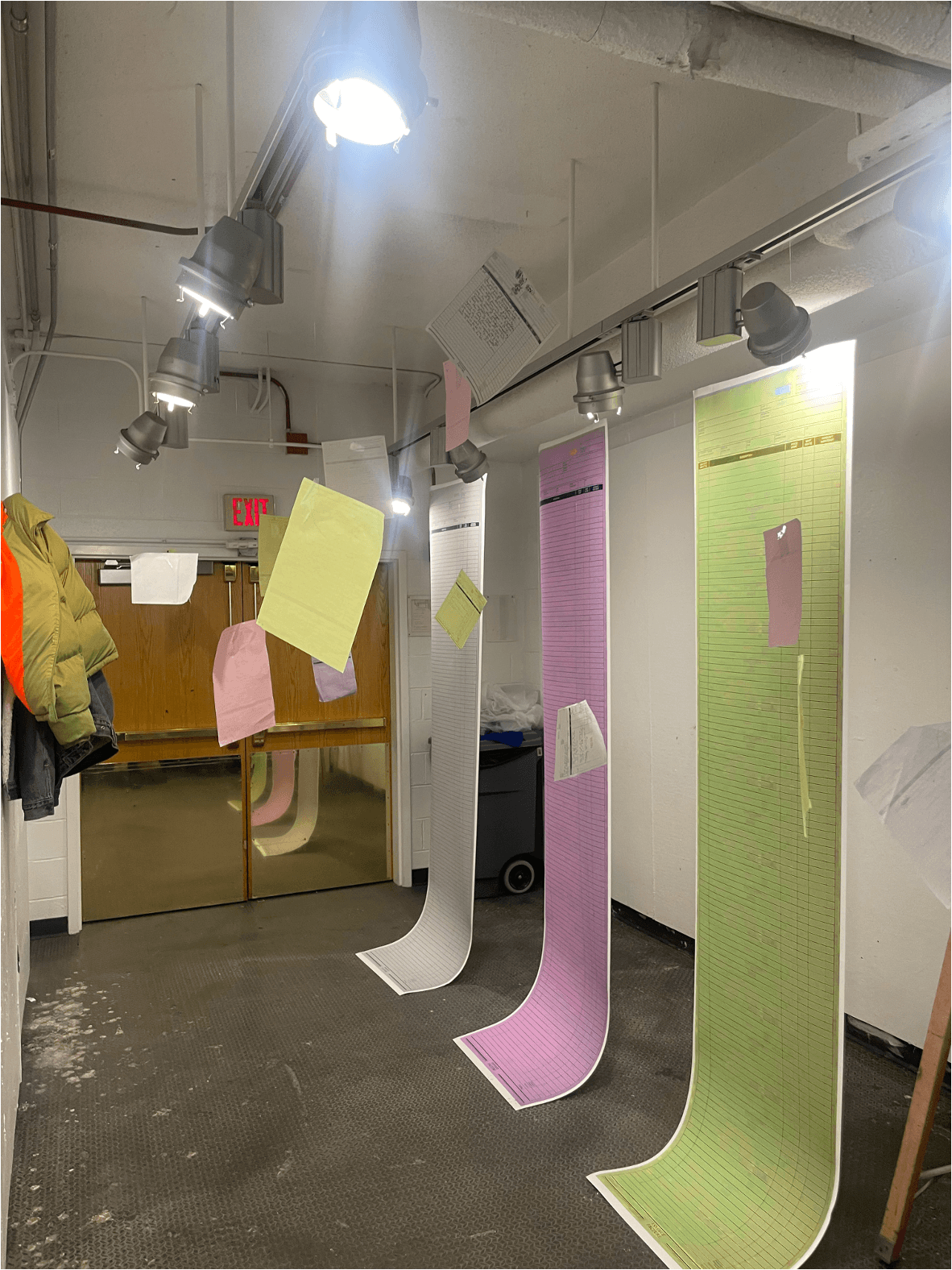
Any places to eat or things to do that you can share with our readers? If they have a friend visiting town, what are some spots they could take them to?
I’ve been in the DC area for just under a year, so I’m still getting to know the city, myself. However, I’m a sucker for a good nature view, so one of my favorite places so far has been Great Falls. I’d definitely take a friend hiking on the Billy Goat Trail for some scenic views and those stunning waterfalls. Rock Creek Park is another favorite—perfect for a nature escape without ever leaving the city. Plus, there are plenty of entry points near great food spots and local markets.
Some other go-to places I’d recommend are Union Market, the Wharf, the Georgetown Waterfront, and Downtown Silver Spring—especially on weekends when local vendors are out. I also really enjoy spending time at the MLK Library and the National Museum of African American History and Culture. For nightlife, Adams Morgan is always a good time, and the food scene near U Street never disappoints.
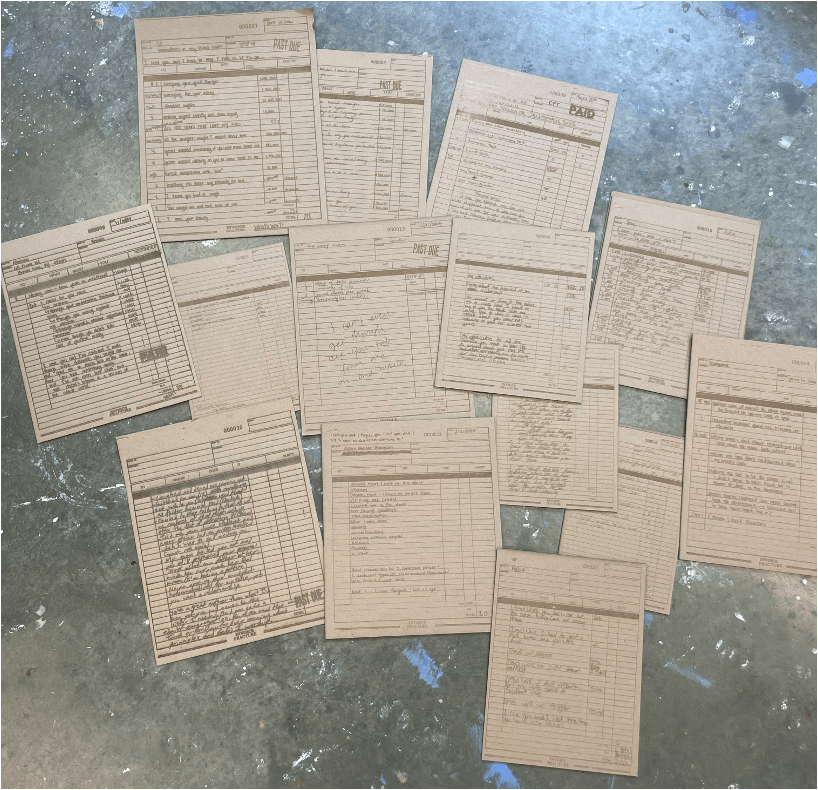
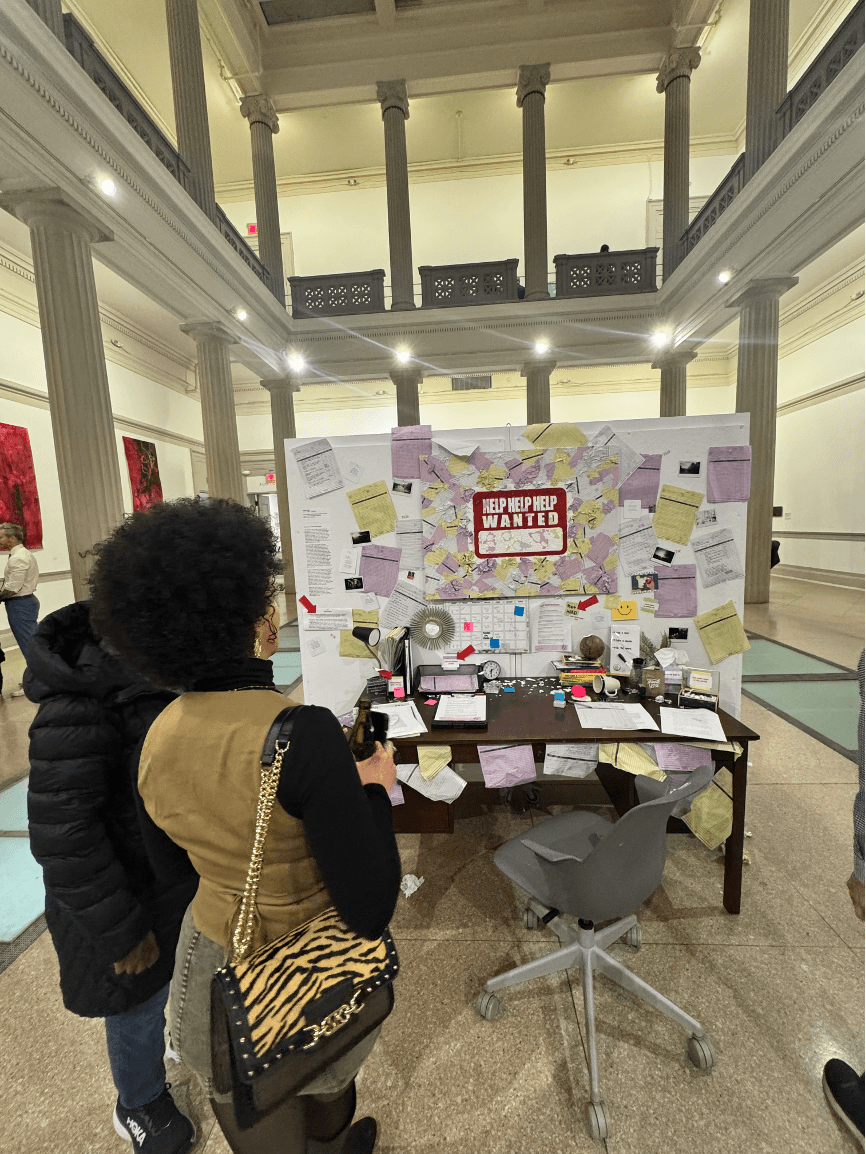
Shoutout is all about shouting out others who you feel deserve additional recognition and exposure. Who would you like to shoutout?
There are so many people who have helped shape my journey—people who’ve supported me, offered guidance, prayed for me, sent good vibes, or spoken my name in the right rooms. It’s hard to narrow it down to just one or two individuals because I truly stand on the shoulders of many.
That said, I do want to give special recognition to the Martin Luther King Jr. Scholars Program at the University of Louisville. Being an MLK Scholar made college financially possible for me through a full-ride scholarship, but the impact of the program went far beyond money. At a time when I was new to academia and searching for direction, the MLK Scholars Program gave me a space to grow intellectually and politically. It nurtured my passion for social justice and connected me with mentors who still play a role in my life today. The relationships and experiences I gained through that program helped shape my undergraduate journey and laid the foundation for the path I’m on now.
I’m forever grateful. Shout out to an incredible program that continues to make a real difference.
Instagram: @ohlookitskalaaa
Linkedin: https://www.linkedin.com/in/kala-brown-16582b192
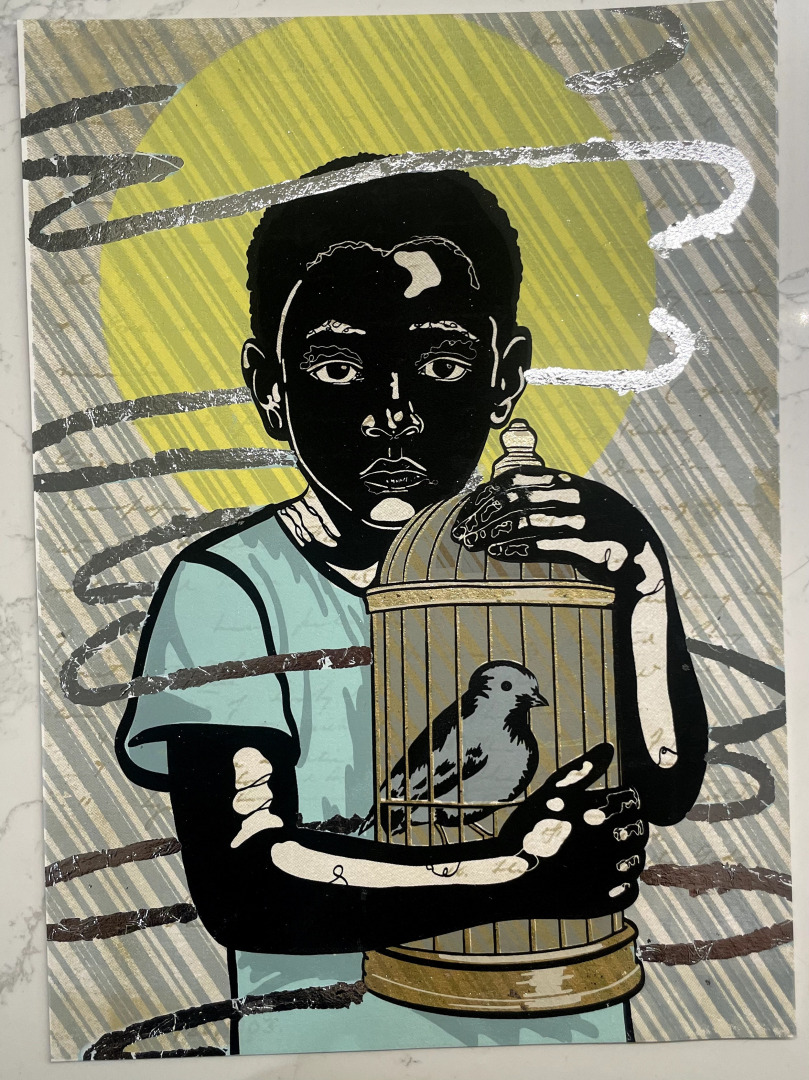
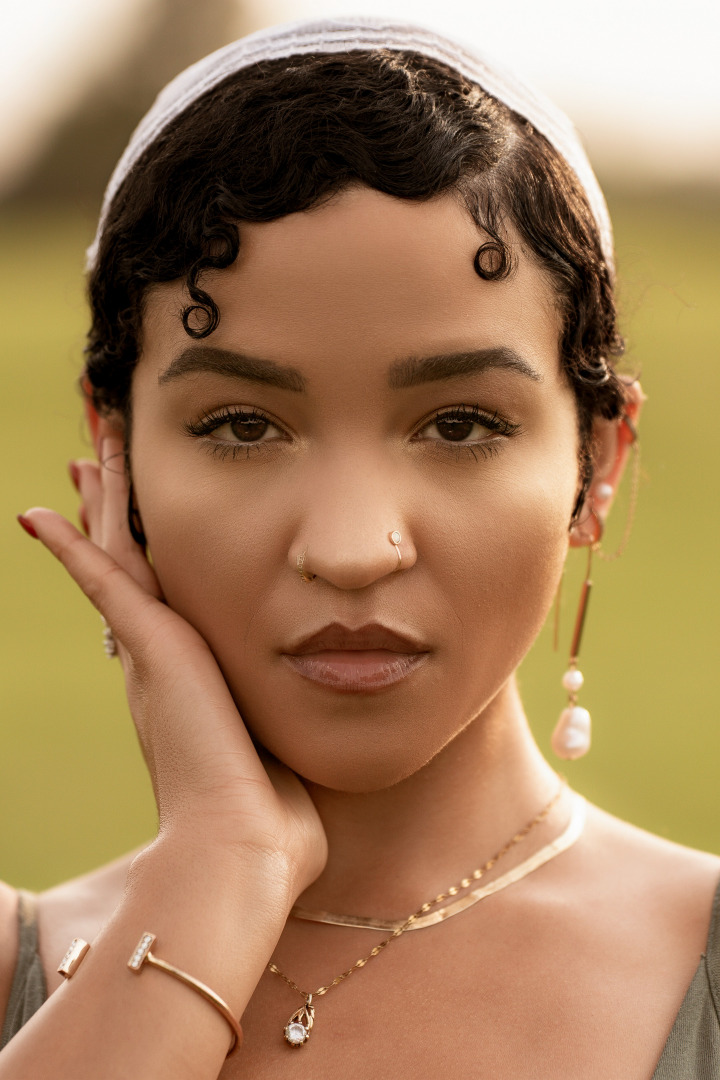
Image Credits
last photo portrait credit to Darian Edwards.
